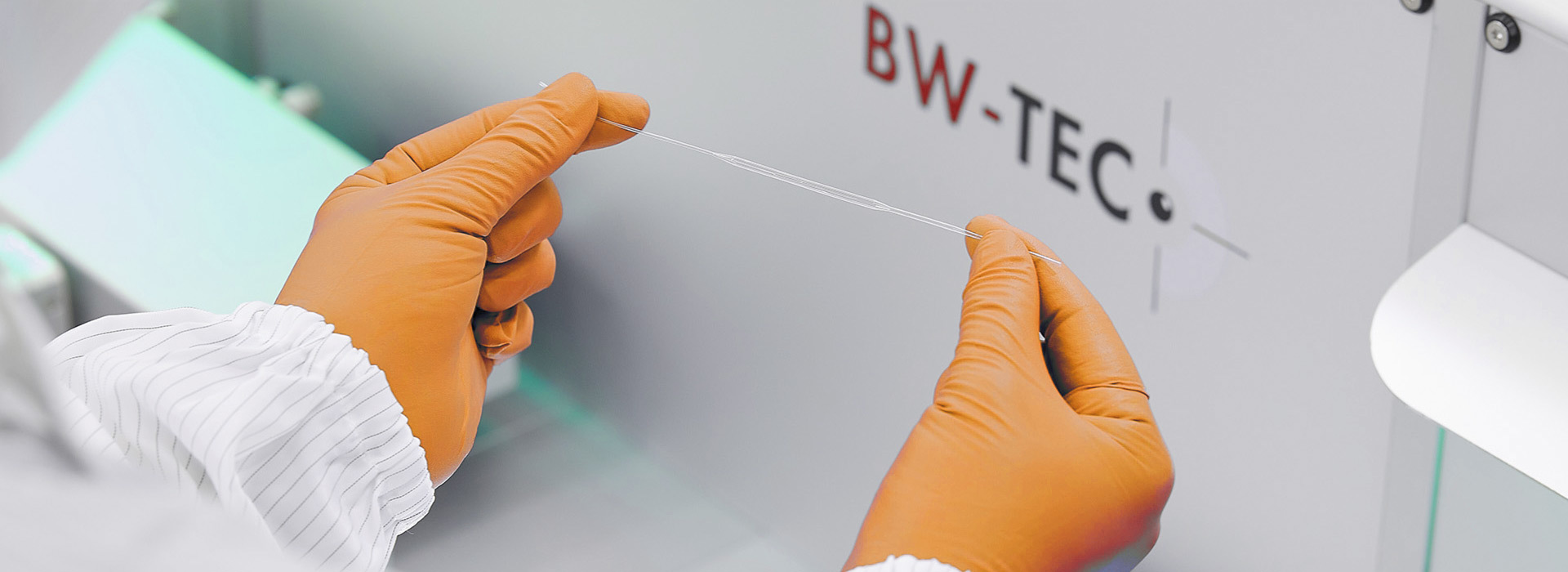Reproductive hormones
Reproductive hormone testing assesses the basic and reserve functions of the ovaries in women by measuring levels of sex hormones such as estradiol (E2) and follicle-stimulating hormone (FSH). It monitors ovulation and aids in diagnosing endocrine disorders such as primary or secondary amenorrhea, polycystic ovary syndrome (PCOS), and ovarian tumors. During treatment, monitoring changes in specific reproductive hormone levels helps evaluate treatment effectiveness, such as monitoring E2 levels during ovulation induction therapy. For women preparing for pregnancy, reproductive hormone testing is a routine examination to understand ovarian function and has clinical significance in diagnosing infertility. Anti-Müllerian hormone (AMH) is a good indicator for evaluating ovarian reserve and can predict menopause age, playing an important role in diagnosing premature ovarian failure, ovarian granulosa cell tumors, and disorders of sexual development in children. Additionally, reproductive hormone testing helps diagnose precocious puberty and sexual dysfunction issues, such as early or delayed puberty in girls and male sexual dysfunction.



